From a K-beauty-inspired 10-step regimen to simple products in tandem, what is your skincare routine, and are you applying it correctly? Editor Trudi Brewer shares the expert, derm-approved guide.
Image Instagram
The experts agree there is a general rule to layering on your skincare and it’s based on weight. "Typically, products should be applied from thinnest to thickest," says Dermatologist Dr Farber, who shares the rules to make your skincare work harder.
Your daily am & pm routine
The order to apply skincare doesn’t change from day to night, but there are a couple of tips to remember. Your morning routine should include an SPF every day, while your nighttime skin-care routine needs a treatment product. Dr Kikam recommends focusing on topical retinoids for age-erasing or acne and other prescription medications for things like eczema or rosacea. Basically, she says, any product that’s used to treat and improve a known skin concern is best reserved for your nighttime routine.
Cleanser
None of your luxe-y creams would sink in without skincare having a clean canvas to start with. This is why cleansing, morning and evening is the cornerstone of any beauty routine. The first rule: Choose a cleanser that suits your skin type, says dermatologist Dr Michele Farber. "Those who have dry skin should look for a face wash with ingredients like ceramides and glycerin to boost the barrier, and if your skin is extra dry, opt for an oil-based cleanser," she says. If your skin is oily? Dermatologist Dr Joshua Zeichner suggests a gel-based formula “While sensitive types can even get away with just using micellar water." Twice daily, like brushing our teeth, but the most important time to cleanse is at night. "You need to remove dirt, oil, makeup, and pollution; skin accumulates during the day," he adds.
Exfoliation
According to Dermatologist Dr Adeline Kikam, “Exfoliation gets rid of dead skin for a brighter skin tone,” She believes. “As we get older, skin renewal slows down, so this is a great step to include a couple of times a week into your skin-care routine to help skin turn over.” However, if you’re a skin-care minimalist who loves to use products that do double duty (like me), Dr Kikam suggests trying an exfoliating cleanser that contains fruit acids. Either way, she says, it’s best to make exfoliation your first or second step in your skin-care routine to ensure it preps your face for all the other ingredient goodness you’re about to apply.
Toner
The jury is still out on whether toner is essential (I am not a fan), but it’s after cleanser that toner is applied. Avoid harsh formulations, “I recommend that everyone use alcohol-free toners," says Dr Zeichner. "Astringent toners effectively remove oil from the skin but can potentially cause irritation, which is why I reserve them only for patients with extremely oily skin." The key to successful toning is how much you use. Dr Farber adds that they're great at prepping skin for a serum, but if you use too much, you can dry out your skin.
Eye Cream
This is my favourite product, why? Because the skin around the eye area is more delicate than the rest of your face, it requires extra care and active ingredients. Be guided by your skin type. Dr Farber says if your skin is dry, go for a hydrating formula, or brightening; try one laced with caffeine. “It just comes down to what your eye area needs, and remember, apply it with your ring finger (which puts the least pressure on the skin, by gently tapping.”
Serum
Serums target specific skin concerns, like dryness, dark spots, dullness, or acne. "Essentially, they're delivery systems for specific active ingredients," says Dr Zeichner. Who suggests using different serums for different times of the day: "For the morning, reach for a serum packed with antioxidants to help ward off the effects of pollution, such as a serum loaded with vitamin C-based, the most well-known and potent antioxidant. At night, Dr Farber recommends using a serum with retinol (vitamin A) to help the skin regenerate as you sleep. "Evening serums provide skin with reparative ingredients and stimulate collagen production."
Moisturiser
Another essential step is moisture from creams to oil. “Moisturisers help hydrate the skin and seal in all the ingredient goodness that you've applied prior,” says Dr Farber. For the day, opt for a lightweight lotion, including one loaded with an SPF, and save your heavier face creams and oils for nighttime use.
Sunscreen
"I may be a dermatologist, but I still want to enjoy life outdoors when the weather is warm," says Zeichner. Who swears the best sunscreen is one you like wearing and remember to reapply? It makes sense that applying sunscreen as the last step in a skincare routine 365 days a year means your skin is protected and ready to face those UV rays. Zeichner prefers a high SPF. “In the real world, consumers do not apply as much sunscreen as they should, so the level of protection gets diluted out,” he explains. “Starting with a higher SPF, to begin with, acts like an insurance policy to give you the best level of protection possible.” He warns that one application a day is not enough, especially outdoors in high summer."Reapply every two hours. "My wife and I both set alarms on our phones to remind us to reapply sunscreen," says Zeichner. "It’s easy to forget to reapply, and a single application before you go to the beach is just not enough to protect you for a full day." And when it comes to beach days, he suggests getting a late start to avoid the midday sun when UV rays are the strongest. "My favourite time to go to the beach is after 4 p.m.," says Zeichner. "Not only does this avoid peak sun hours, but it also misses the crowds, so it's a double-win."

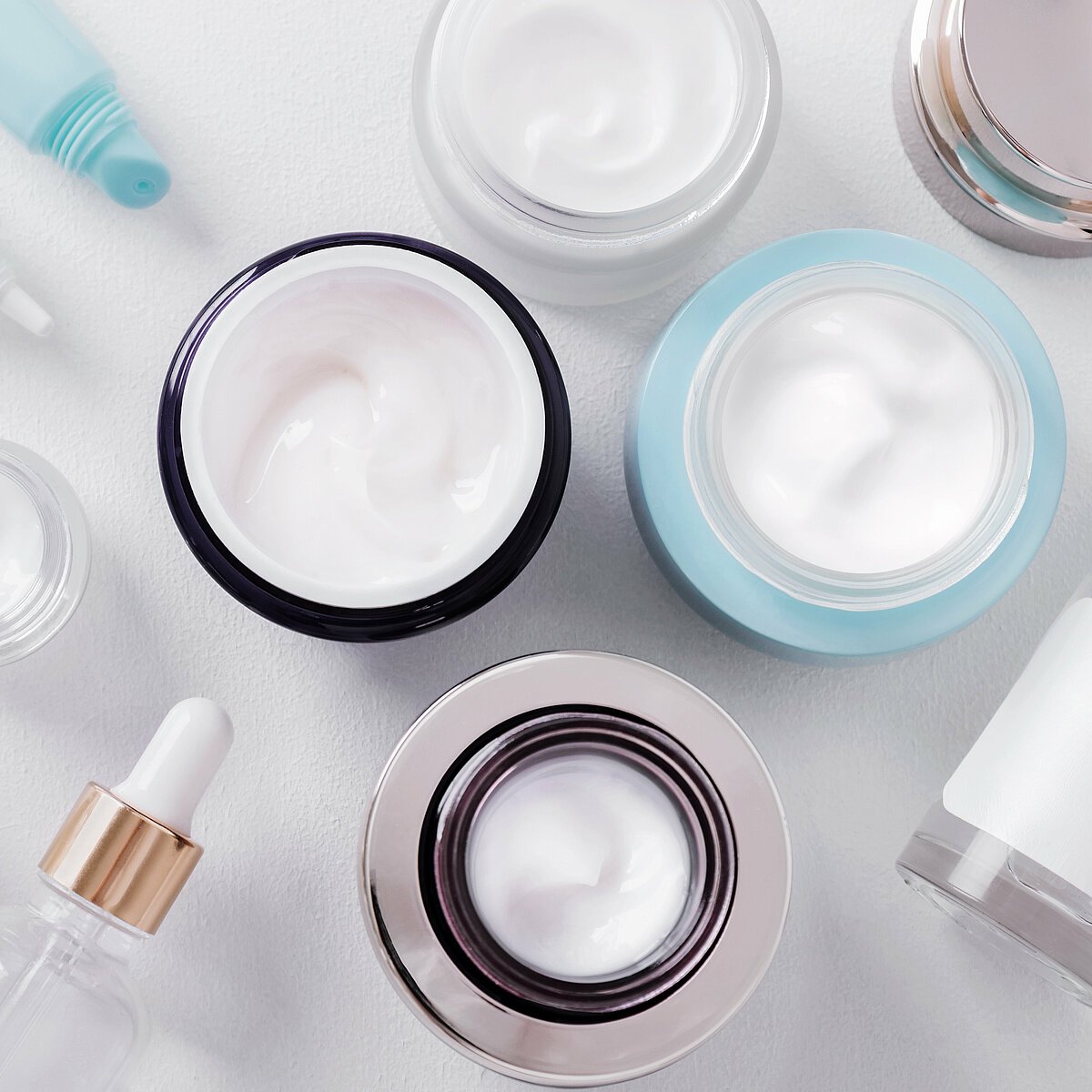









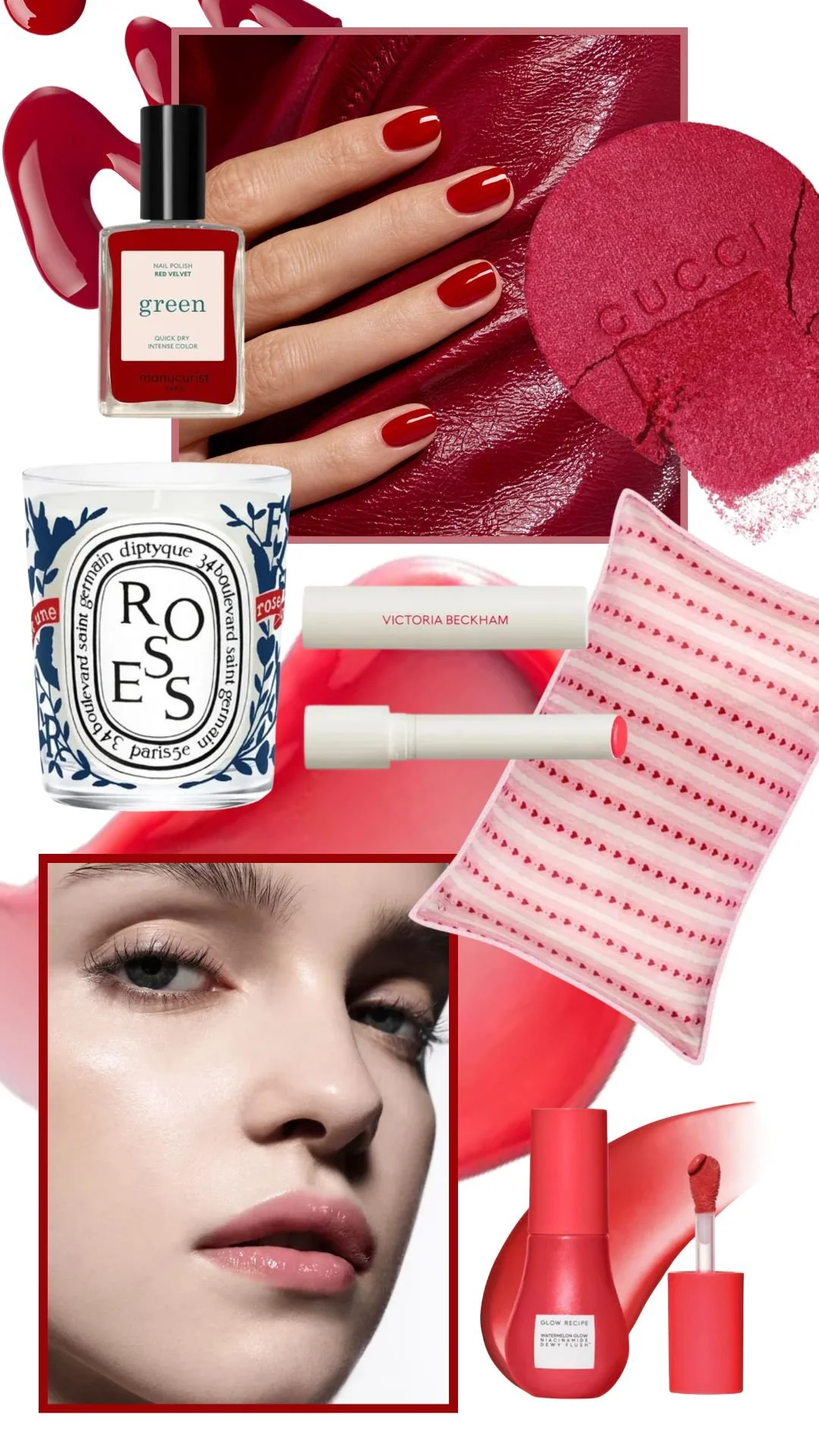
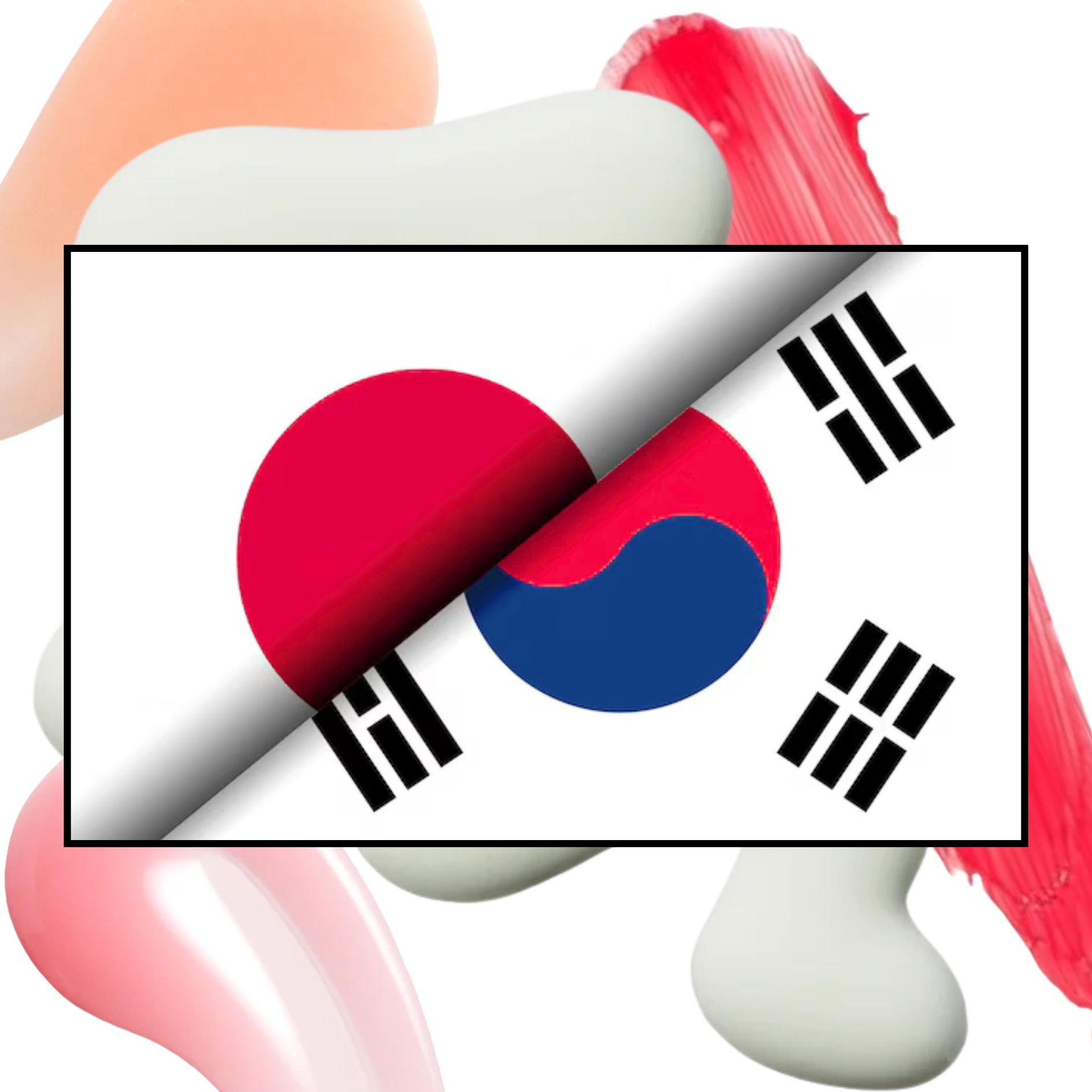



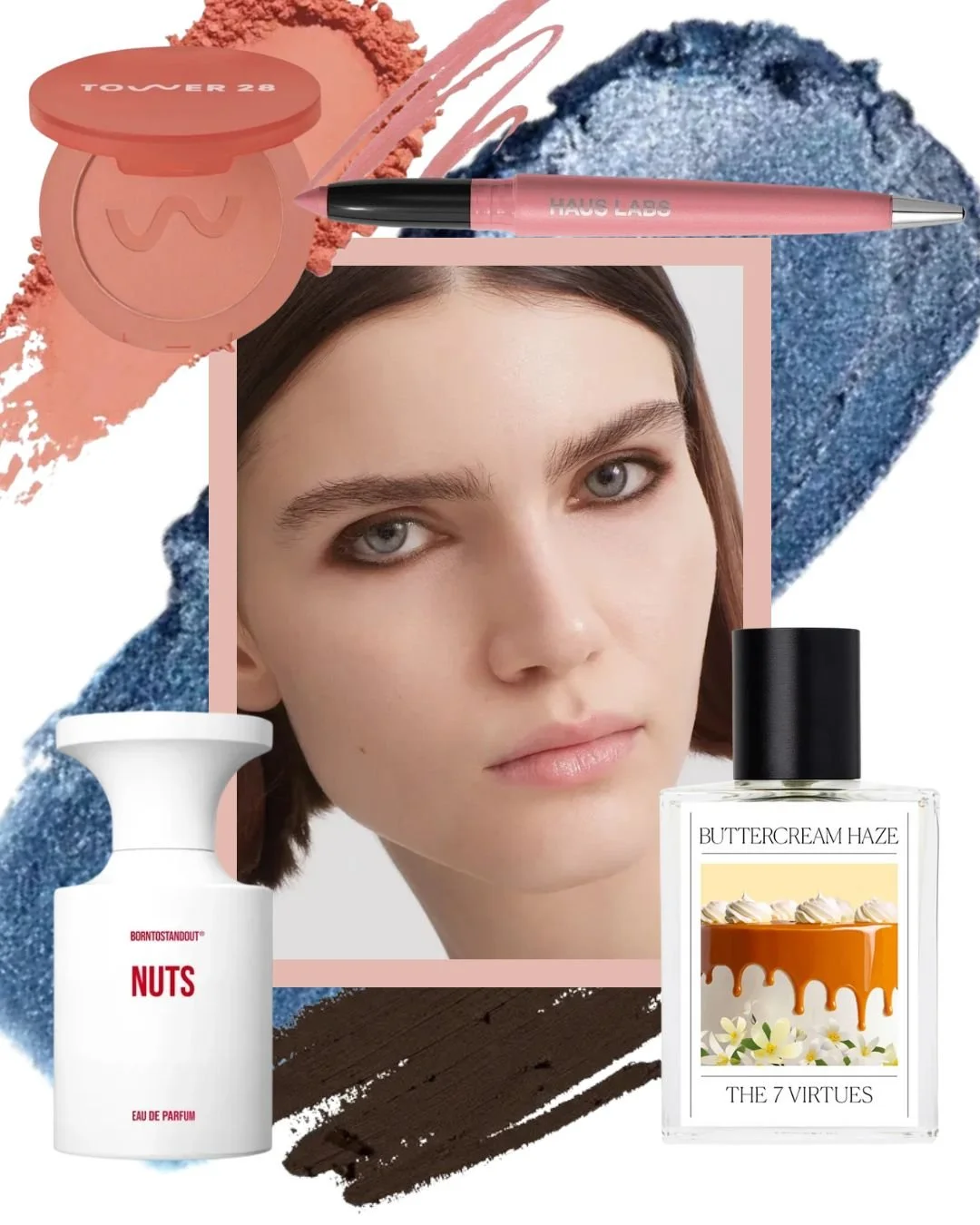

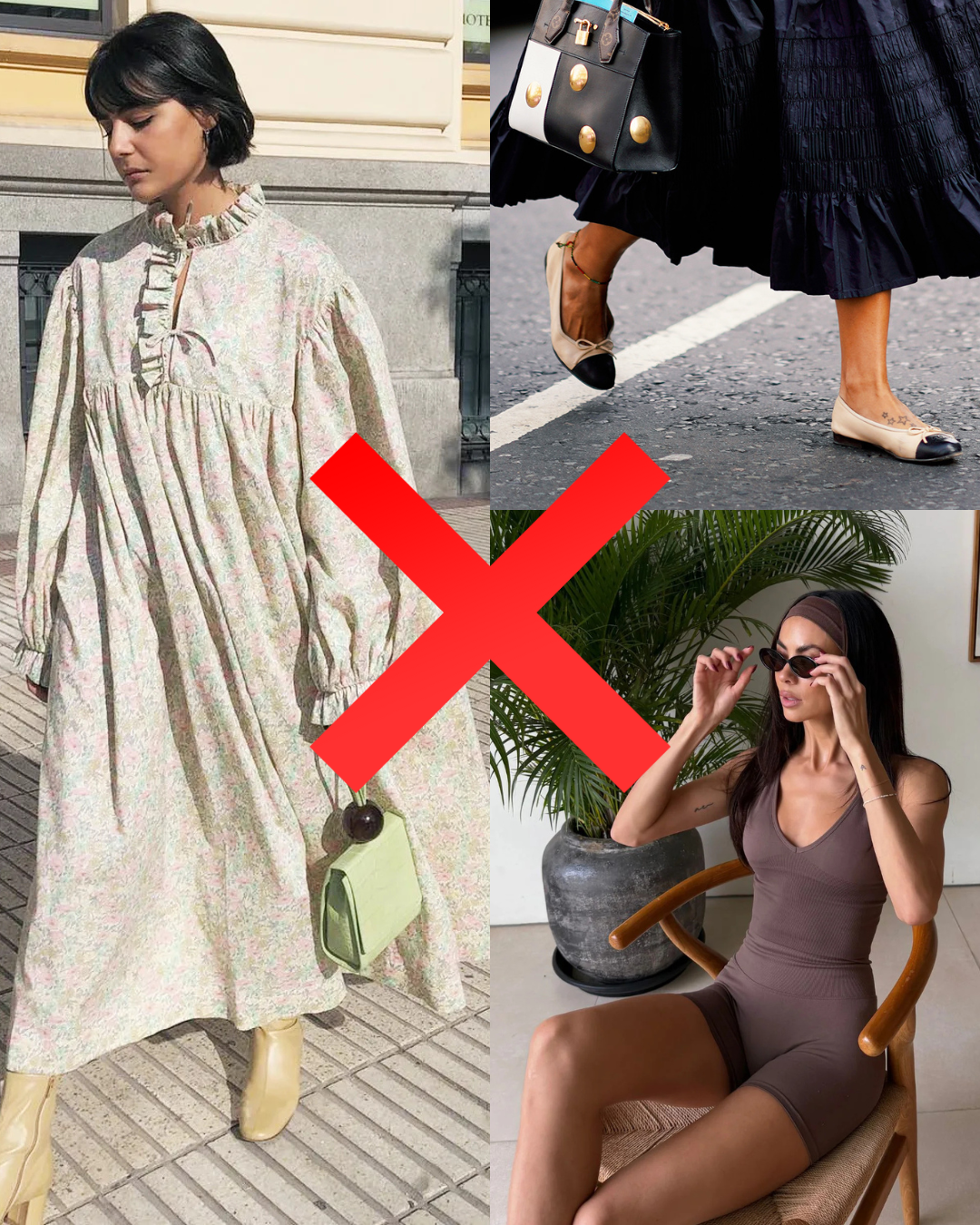


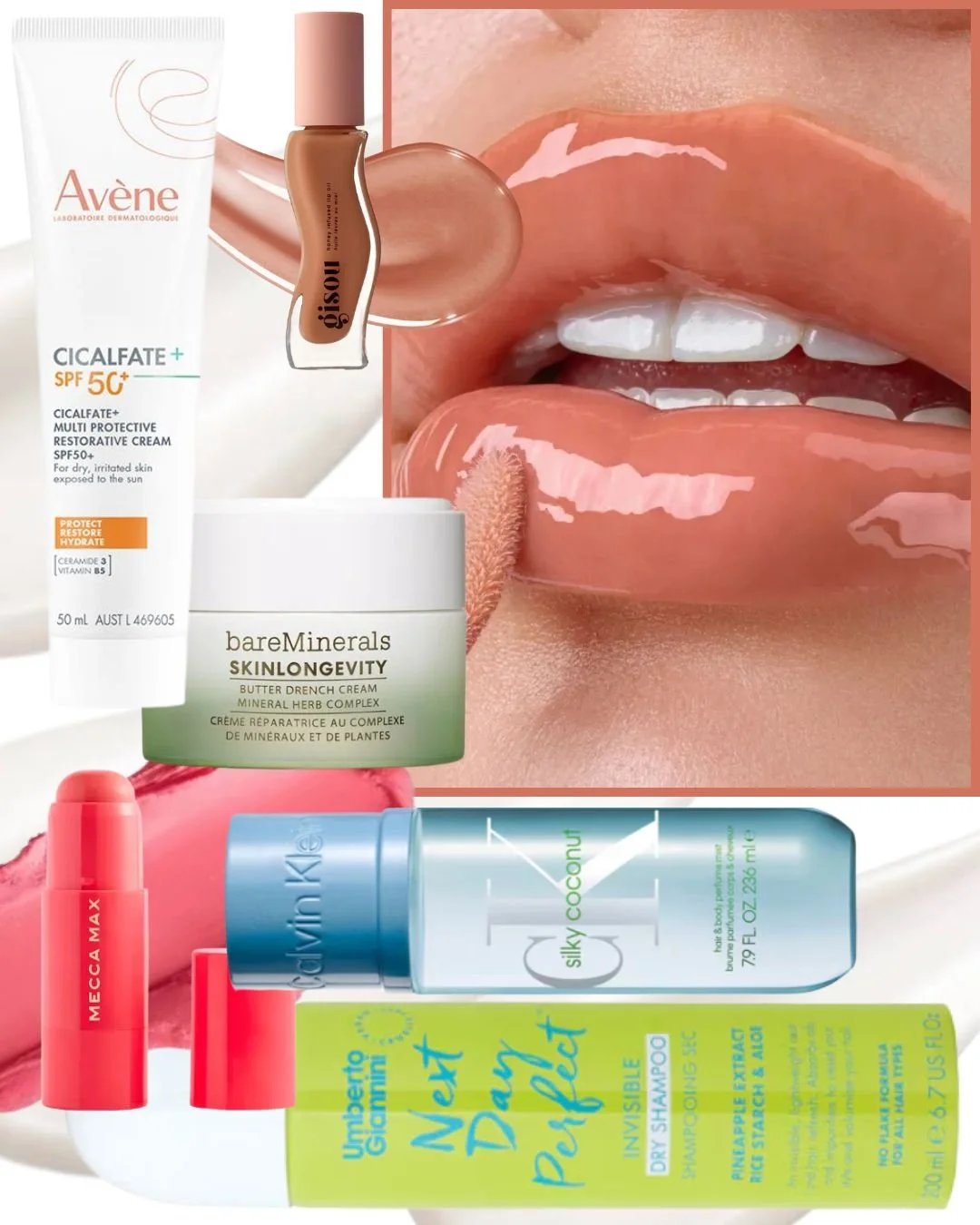






That put dull skin on notice.